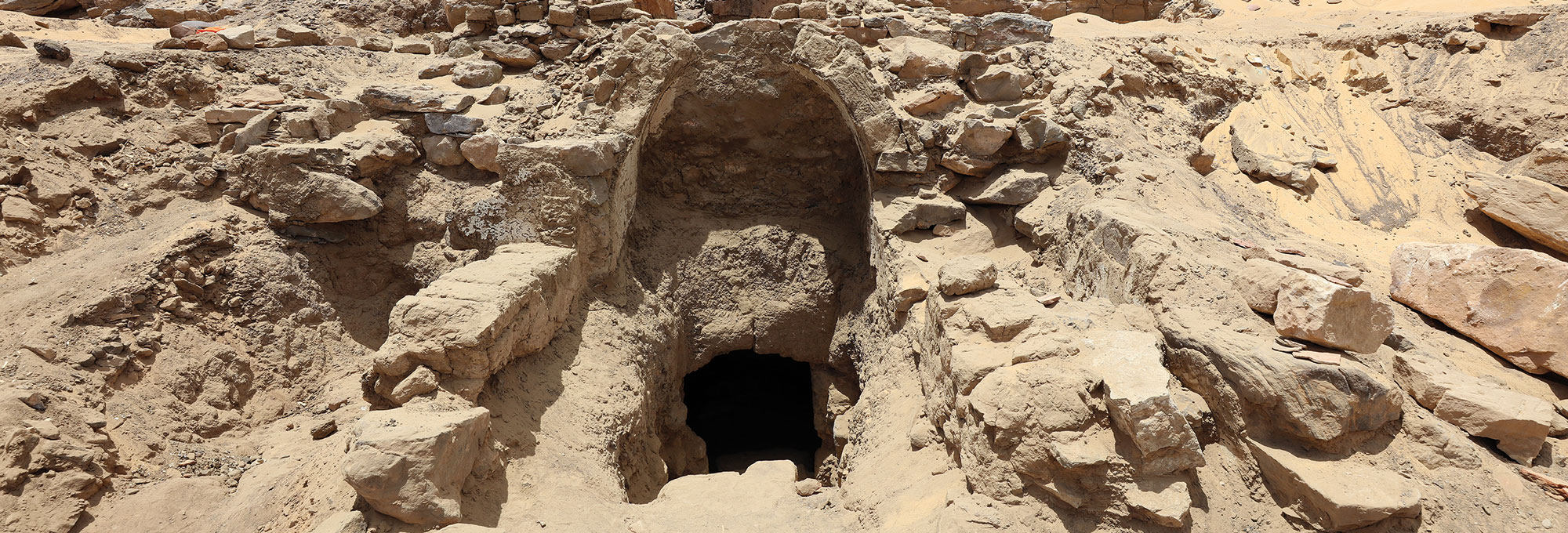HEIDELBERG, GERMANY—Cosmos Magazine reports that researchers led by Andreas Koutsodendris of Heidelberg University have found evidence of lead pollution dating to about 5,200 years ago. The traces of lead pollution were identified in a sediment core from the Tenaghi Philippon peatland in northeastern Greece. Lead pollution at this time was likely produced by agropastoral societies and confined to local areas, the researchers explained. Then, some 2,150 years ago, lead pollution was found to have become more widespread in both terrestrial and marine environments. Deforestation and agricultural expansion are known to have also occurred at this time, as the Roman Empire expanded into Greece and exploited its natural resources, including mining for gold, silver, and other metals, the researchers explained. Read the original scholarly article about this research in Communications Earth & Environment. For more on determining historical levels of lead pollution, go to "The Lead Standard."
Scientists Discover Oldest Evidence of Lead Pollution
News February 7, 2025
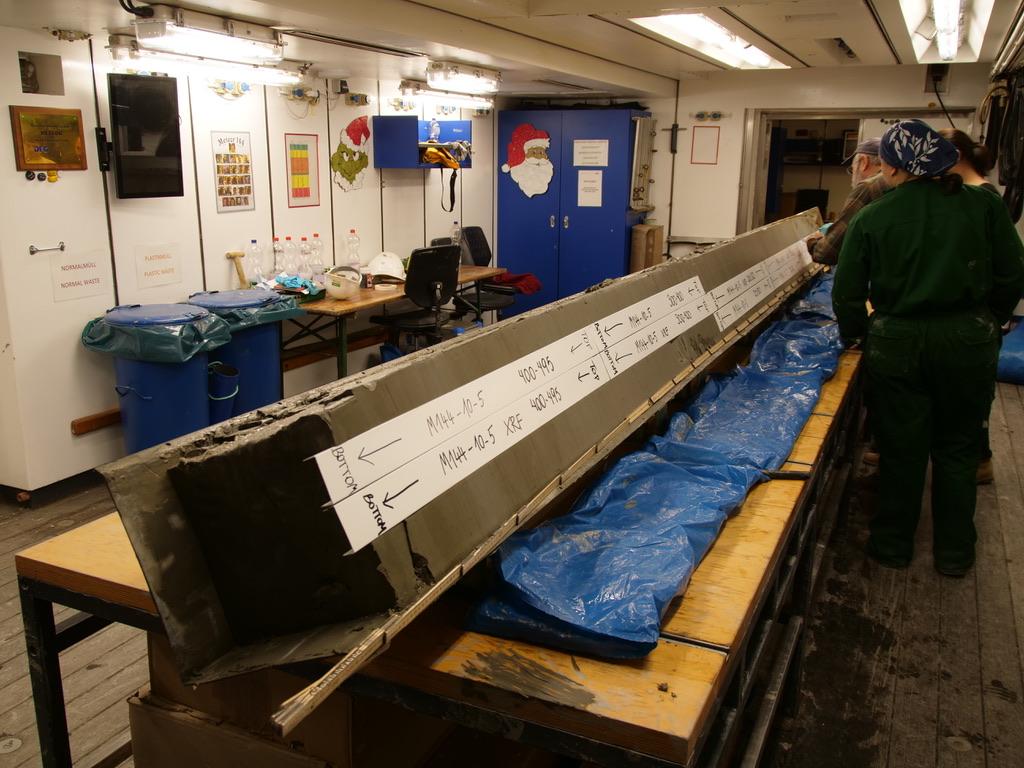
Recommended Articles

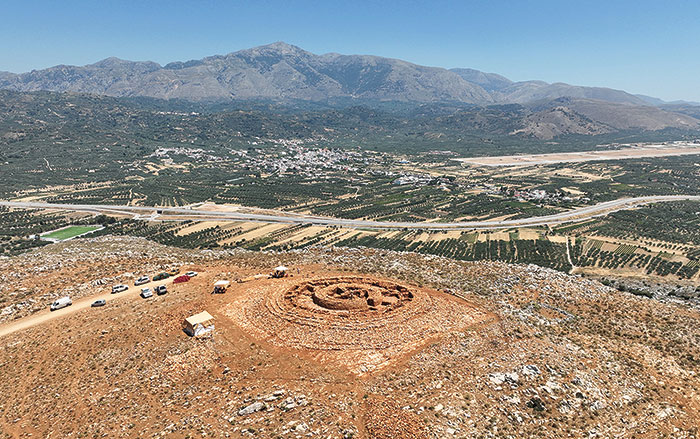
Secrets of the Seven Wonders November/December 2025
Statue of Zeus at Olympia
Greece, fifth century b.c.
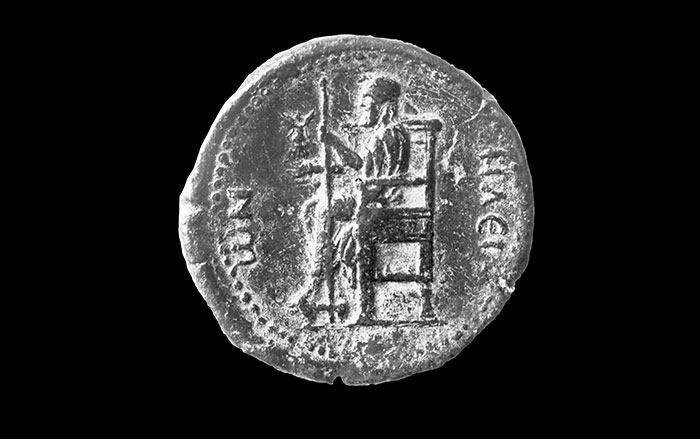
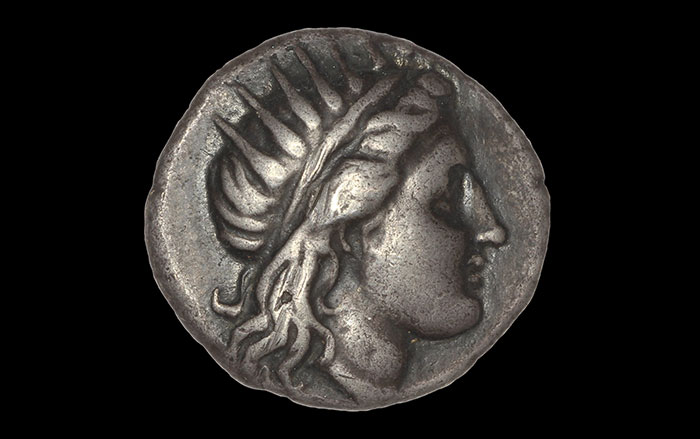
-
Features January/February 2025
Dancing Days of the Maya
In the mountains of Guatemala, murals depict elaborate performances combining Catholic and Indigenous traditions
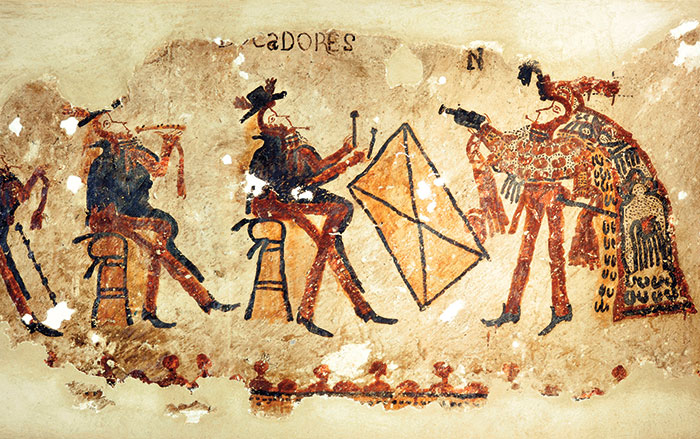 Photograph by R. Słaboński
Photograph by R. Słaboński -
Features January/February 2025
Unearthing a Forgotten Roman Town
A stretch of Italian farmland concealed one of the small cities that powered the empire
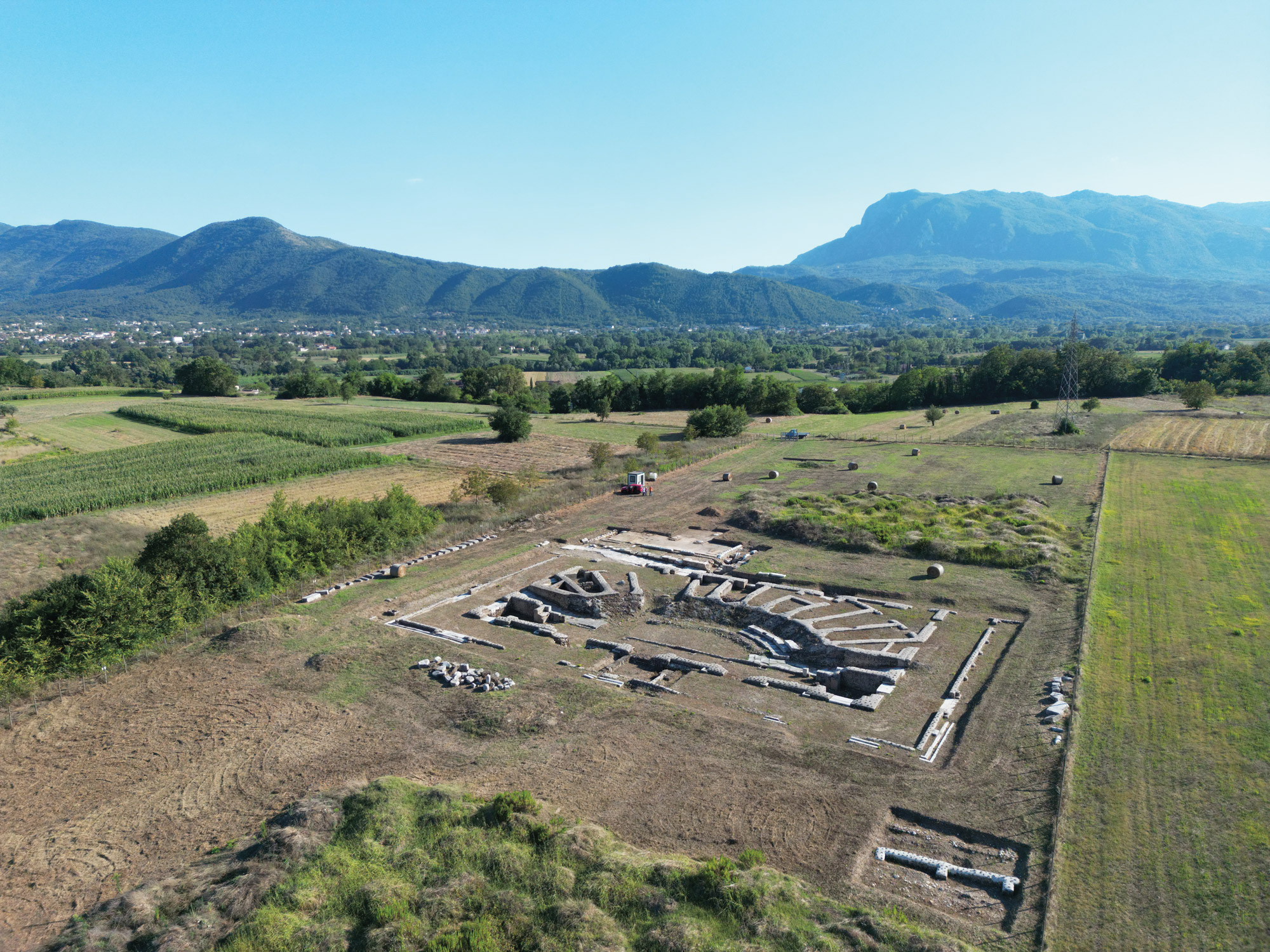 Photo Courtesy Alessandro Launaro
Photo Courtesy Alessandro Launaro -
Features January/February 2025
Medieval England’s Coveted Cargo
Archaeologists dive on a ship laden with marble bound for the kingdom’s grandest cathedrals
 Peter Macdiarmid/Getty Images
Peter Macdiarmid/Getty Images -
Features January/February 2025
Lost Greek Tragedies Revived
How a scholar discovered passages from a great Athenian playwright on a discarded papyrus
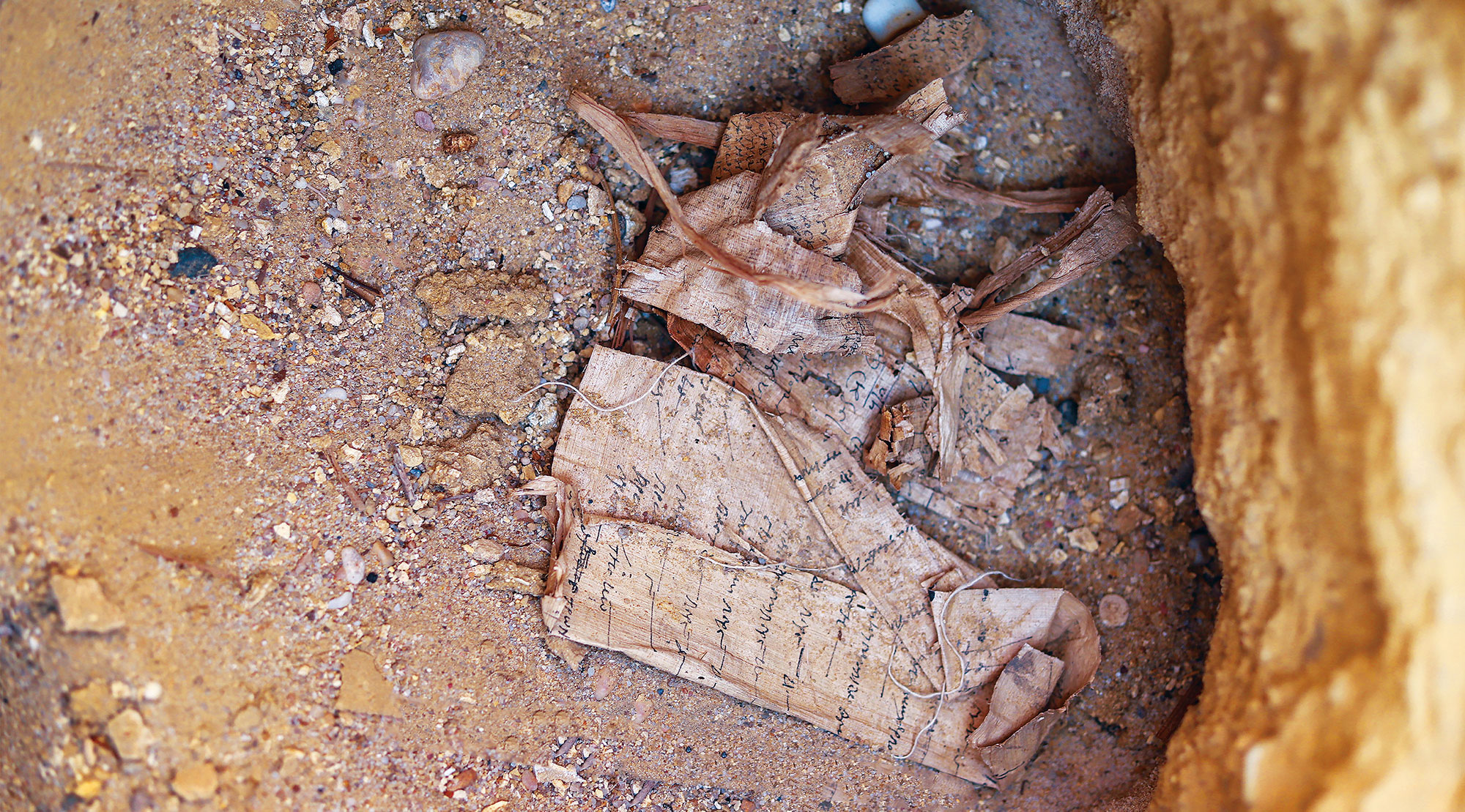 Egyptian Ministry of Tourism and Antiquities
Egyptian Ministry of Tourism and Antiquities


